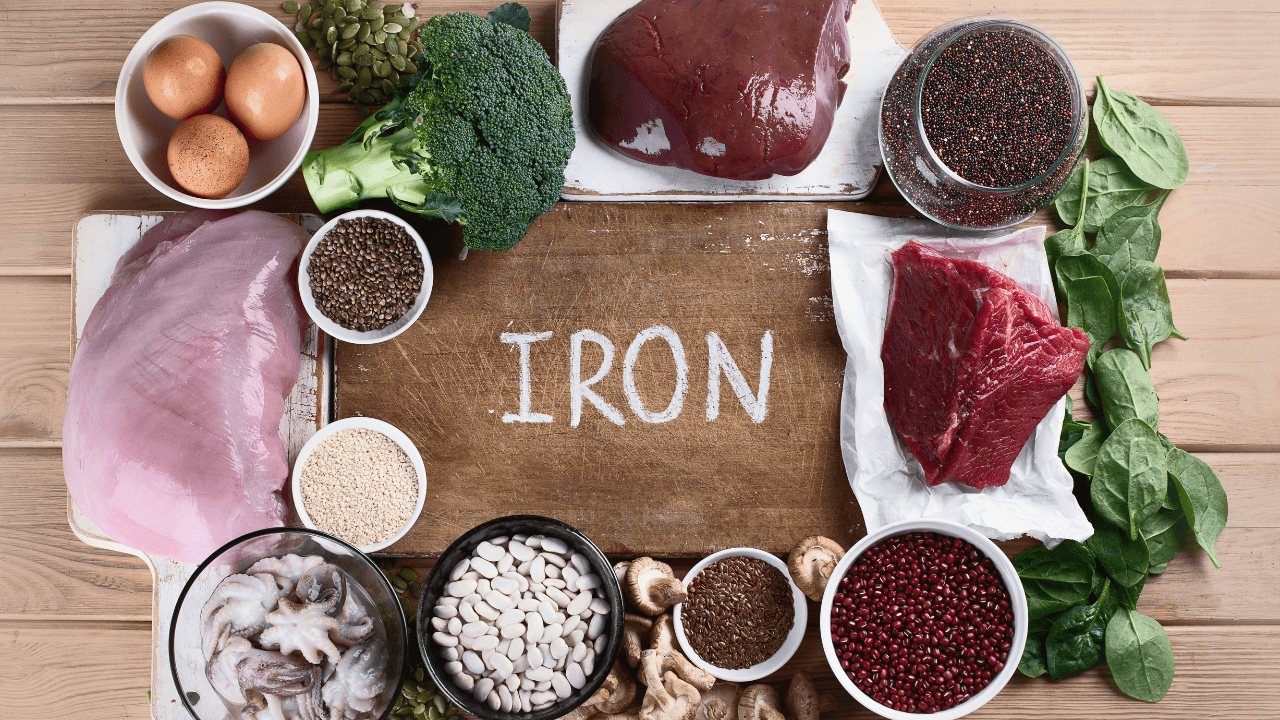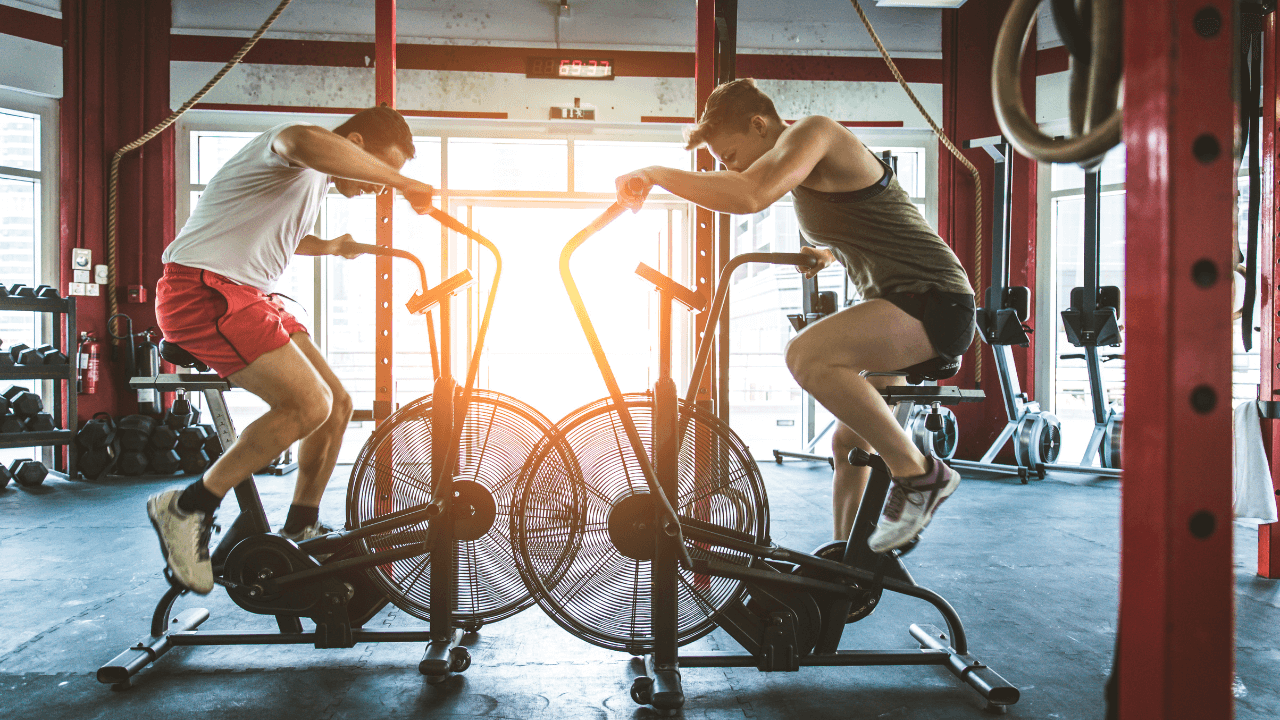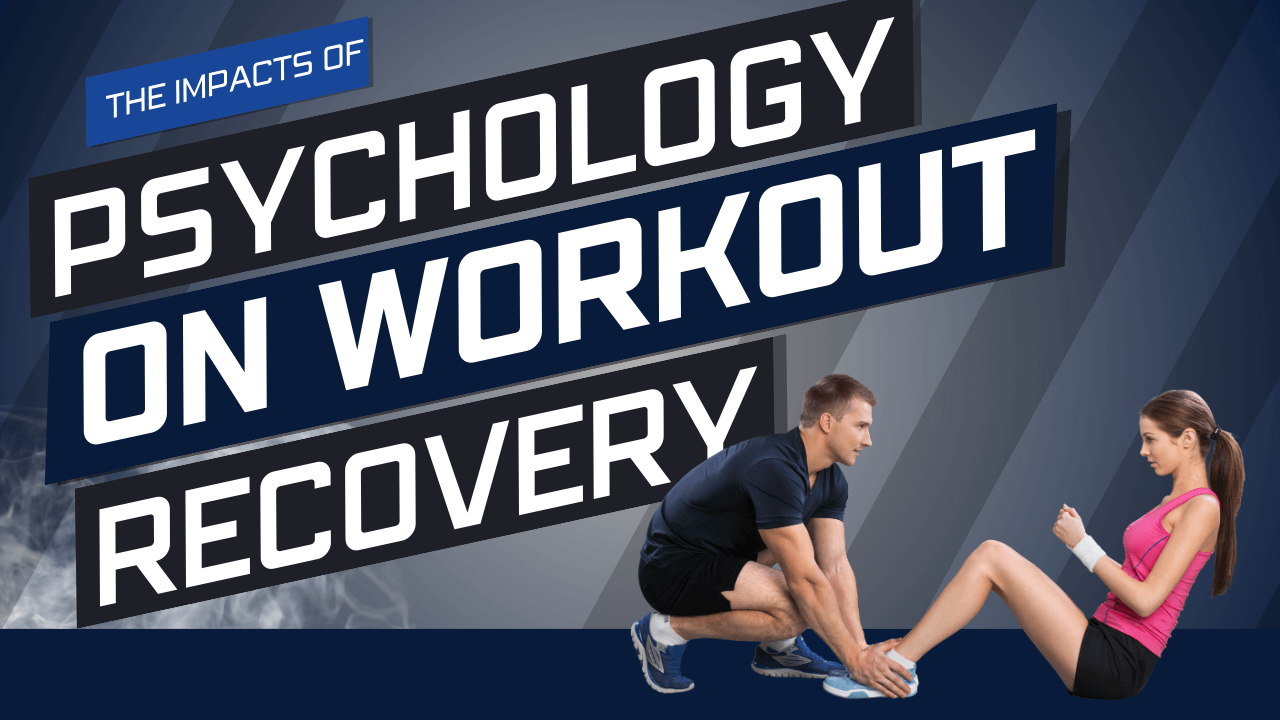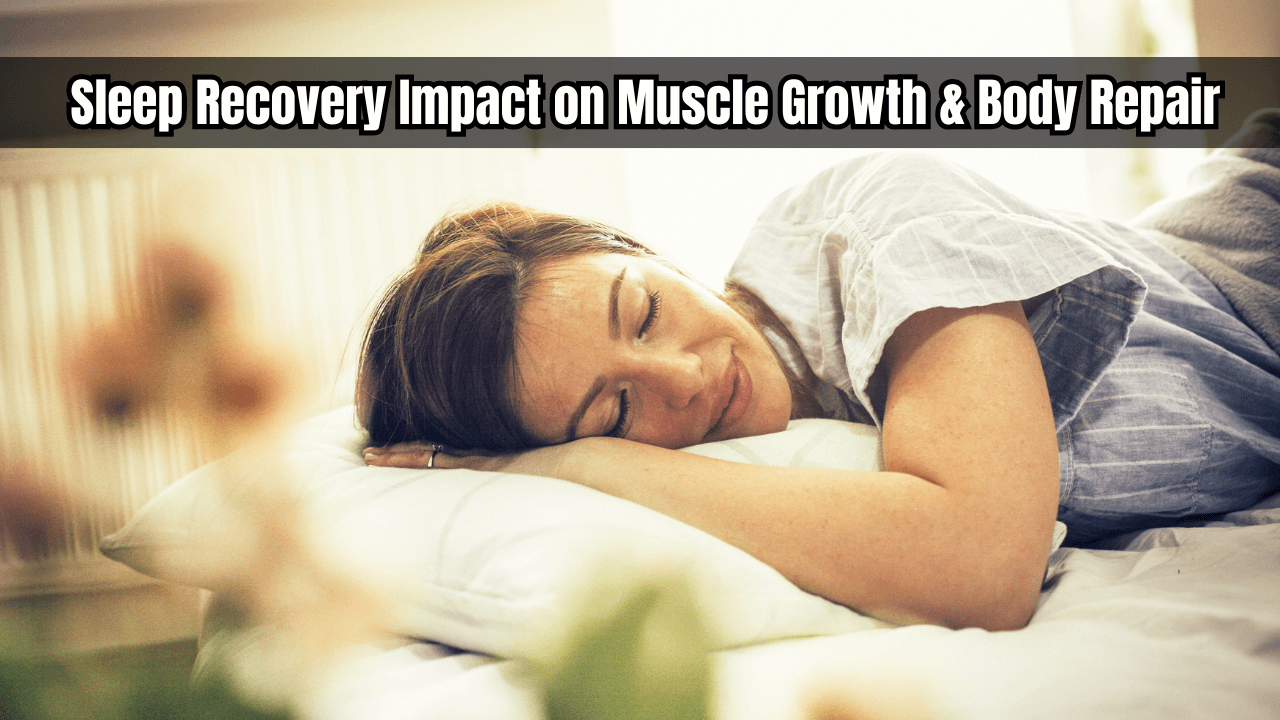Iron, a key mineral, is essential in transporting oxygen in the blood and supporting various bodily functions. This Iron Guide aims to elucidate the significance of iron in your diet, addressing how to maintain adequate levels through diet and supplementation. As an integral part of your health journey, this guide will cover sources of iron, tackle iron deficiency, and discuss the benefits of liquid iron supplements. Understanding the pivotal role of iron, as outlined in this Iron Guide, is crucial for anyone seeking to enhance their overall health.
Meeting Recommended Daily Intakes of Iron
Ensuring an adequate supply of iron in your diet is essential for various bodily functions. Adequate intake supports oxygen transportation throughout the body, energy production, and immune function. Meeting these recommended intakes is crucial for maintaining optimal health.
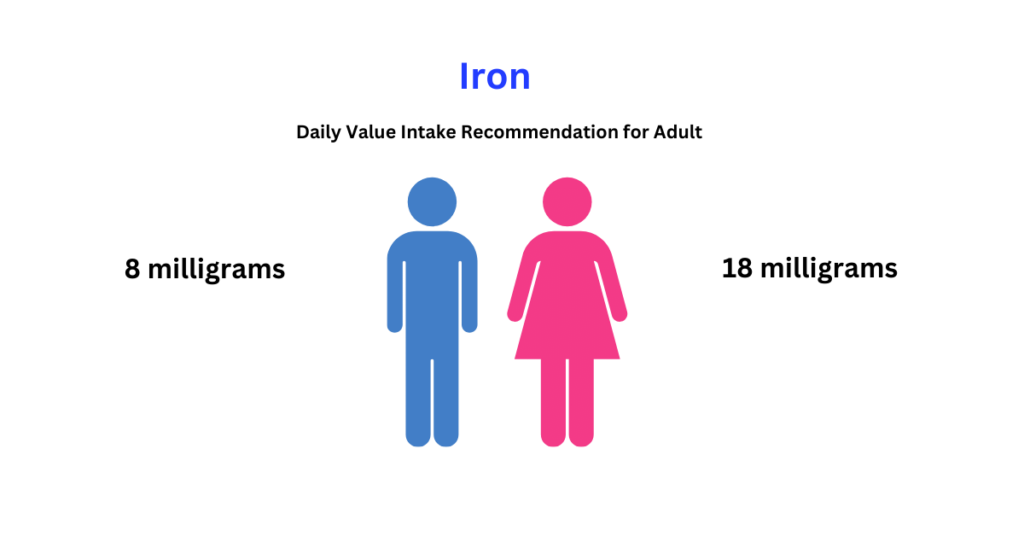
Top 10 Iron-Rich Food Sources
Including foods high in iron in your diet is the most natural way to meet your daily iron needs. Here are the top 10 iron-rich foods, along with their iron content:
- Lean beef (3 ounces, cooked): Approximately 2.1 milligrams
- Chicken (3 ounces, cooked): Approximately 1.1 milligrams
- Turkey (3 ounces, cooked): Approximately 1.2 milligrams
- Pork (3 ounces, cooked): Approximately 0.7 milligrams
- Fortified cereals (1 serving): Varies, check nutrition label
- Lentils (1/2 cup, cooked): Approximately 3.3 milligrams
- Chickpeas (1/2 cup, cooked): Approximately 2.4 milligrams
- Spinach (1/2 cup, cooked): Approximately 3.2 milligrams
- Tofu (1/2 cup, prepared with iron): Approximately 3.4 milligrams
- Kidney beans (1/2 cup, cooked): Approximately 1.8 milligrams
Incorporating these top 10 iron-rich foods into your diet helps ensure you get enough iron.
Addressing Iron Deficiency and Supplementation
Iron deficiency is a common issue, particularly among those with poor dietary habits, certain medical conditions affecting iron absorption, or women with heavy menstrual bleeding. Symptoms include anemia, fatigue, and impaired cognitive function. In such cases, healthcare professionals often recommend iron supplements to ensure adequate iron levels, especially for those at risk of iron-deficiency anemia.
Maximizing Iron Absorption: Interactions and Tips
Iron absorption can be affected by various dietary factors. Consuming Vitamin C-rich foods enhances the absorption of nonheme iron (iron from plant-based sources). However, calcium and certain tea elements like tannins may inhibit iron absorption. Some medications, such as antacids and proton pump inhibitors, can also interfere with iron absorption. So, discussing potential interactions with healthcare providers is crucial for maintaining the best iron levels. Consuming iron-rich foods alongside Vitamin C-rich foods is an effective strategy to enhance iron absorption.
Conclusion: Embracing the Benefits of Iron in Your Diet
Incorporating sufficient iron into your diet, as detailed in this Iron Guide, is essential for maintaining good health. By integrating a variety of iron-rich foods and considering liquid iron supplements when necessary, you can ensure your body receives the iron it needs for optimal function. Balancing dietary intake and supplementation is key to leveraging the full benefits of iron for your well-being.


